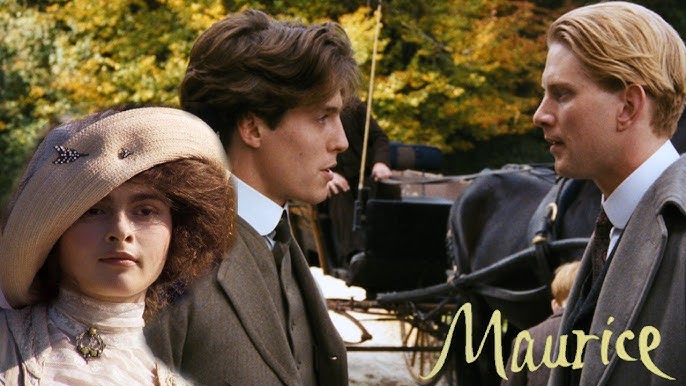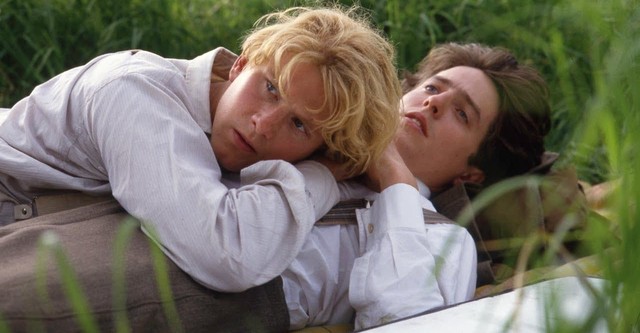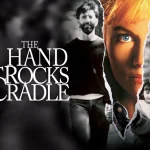Maurice (1987)

Maurice (1987) is a British romantic drama film directed by James Ivory, based on the novel by E. M. Forster. Set in early 20th-century England, the film tells the story of Maurice Hall, a young man who discovers his sexuality and navigates the complexities of love and identity in a society that condemns homosexuality. As an adaptation of Forster’s novel, Maurice offers a poignant and timeless exploration of love, personal freedom, and the struggle for self-acceptance in a repressive environment.
The film follows Maurice, played by James Wilby, as he falls in love with his close friend Clive Durham (Hugh Grant), a relationship that begins in their university years. However, their connection is complicated by the societal expectations and restrictions of the time. While Clive is unable to fully embrace a homosexual relationship due to his own fears and reservations, Maurice is determined to live openly and authentically. This conflict forms the heart of the film, as Maurice struggles to reconcile his desires with the pressure to conform to society’s norms.
As the story unfolds, Maurice’s journey takes him on a path of self-discovery and personal growth. After the heartbreak of his unrequited love for Clive, Maurice finds solace and true love with the passionate and free-spirited Alec Scudder, played by Rupert Graves. Their relationship, although initially marked by secrecy, represents Maurice’s decision to live a life of honesty and love on his own terms. This shift in his character reflects the evolution of his understanding of love and the courage it takes to embrace one’s true identity.

Maurice is a film deeply rooted in its historical context, where homosexuality was not only taboo but also criminalized in England. The characters face severe consequences for their love, and the film poignantly illustrates the emotional and societal struggles they endure. The narrative is not just about the romantic relationships but also the broader theme of societal oppression and the cost of living in a world that forces individuals to hide their true selves. Forster’s novel, and by extension the film, offers a glimpse into the hardships and the resilience required to defy societal expectations.

In conclusion, Maurice (1987) is a deeply emotional and moving film that explores the complexities of love, identity, and self-acceptance. With strong performances from its cast, especially James Wilby and Rupert Graves, the film delivers a powerful message about the importance of living authentically, regardless of societal constraints. It remains a significant work in LGBTQ+ cinema, providing a beautiful and tragic portrayal of love and the courage it takes to live freely.











